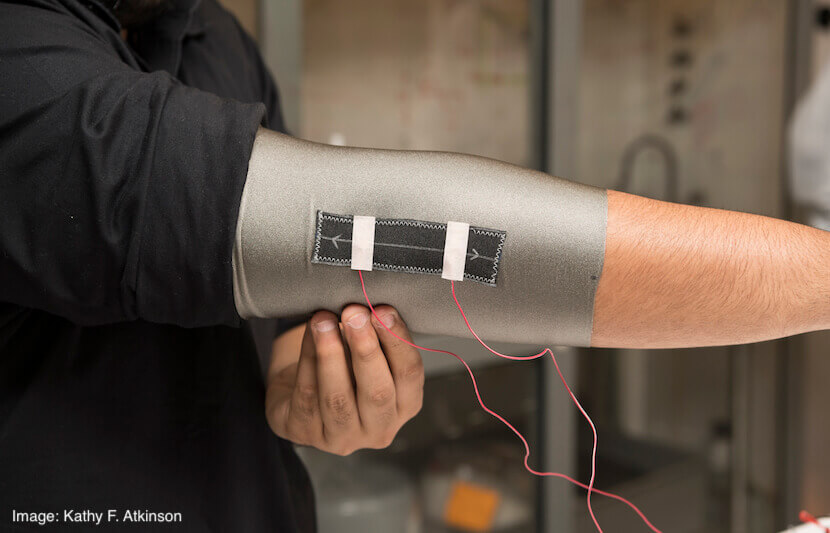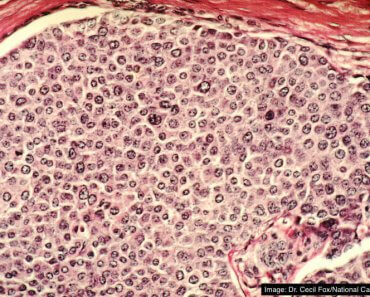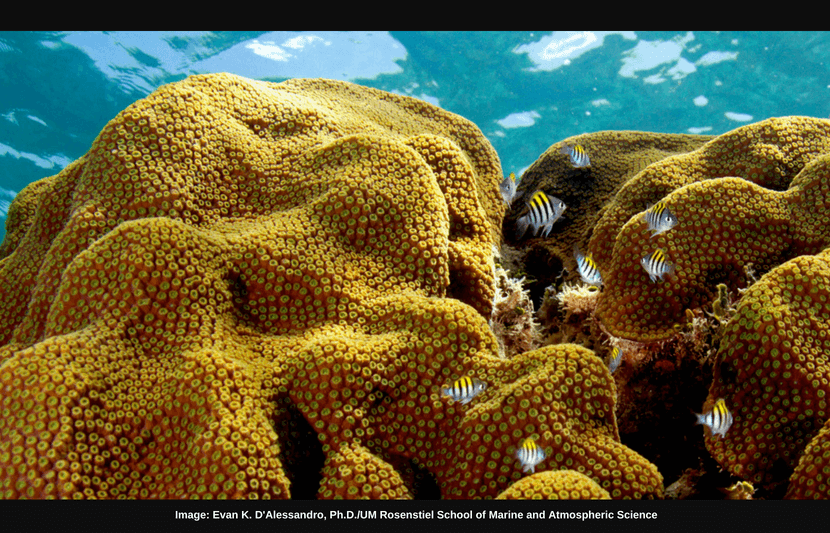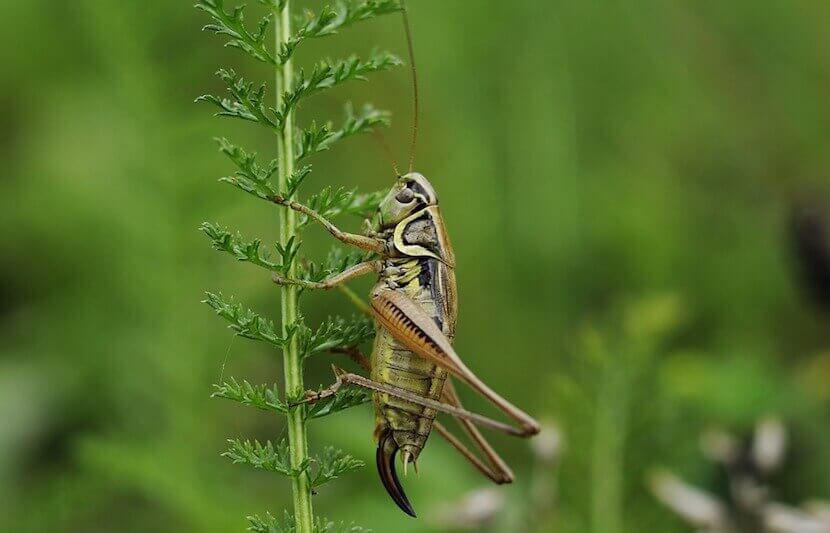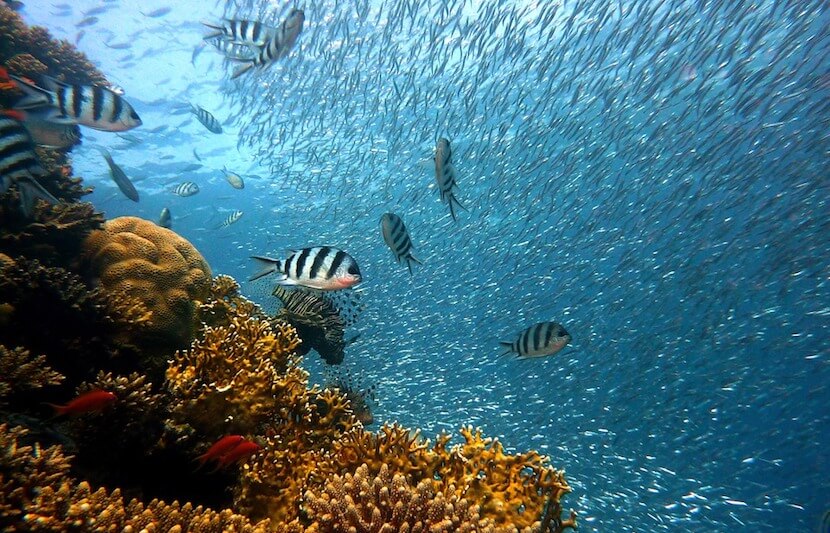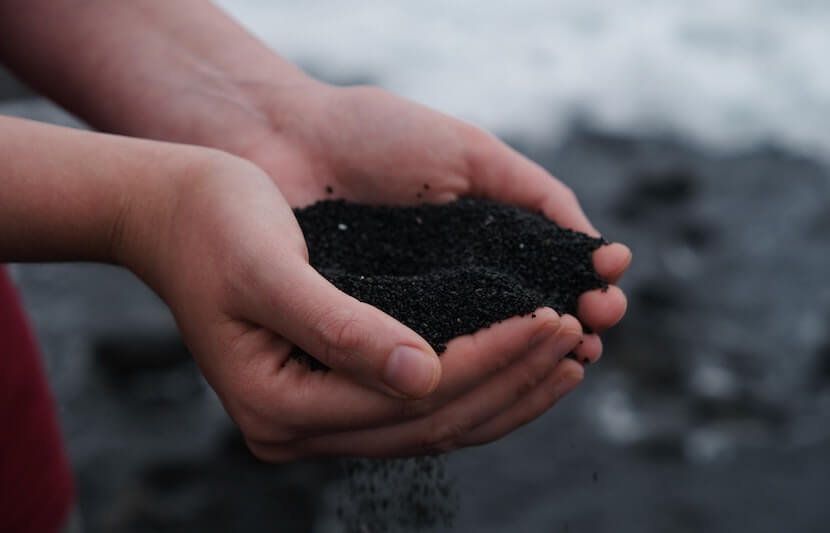-
Women Killin’ It in Robotics
Robots have long been imagined in science fiction novels and films, but current technology shows that such machines are no longer a point of fantasy. Now, robots are capable of carrying out extremely detailed tasks — from flying vehicles, to data computation, emergency response and medical assistance. Each day, great strides are made to further… Read More
-
Antarctic Seas Release Shocking Amount of CO2, Diving Robots Discover
Antarctic winter seas release significantly more carbon dioxide than previously believed, according to new data collected by diving robots in the Southern Ocean. The study, conducted by the University of Washington, the Monterey Bay Aquarium Research Institute, Princeton University and several other oceanographic institutions, used data collected by floating sea drones that monitor the water… Read More
-
‘Smart’ Fabrics Lead to Clothes That Can Detect Human Motion
Engineers at the University of Delaware have developed a technique to create touch-sensitive smart textiles by coating a variety of fibers, including nylon, cotton and wool, with carbon-based nanomaterials. The resulting fabrics are equipped with novel sensing abilities that can detect a wide range of pressure — from the light touch of a fingertip to… Read More
-
We Must Change Our Food Systems if We Want a Sustainable Future
In 2015, the United Nations came together to draft the 2030 Agenda for Sustainable Development, a collection of 17 global goals and 169 targets that address social, economic and environmental issues. That same year, then-UN Secretary General Ban Ki-moon convened an informal meeting of high-level experts and policymakers in Italy on World Food Day. Dubbed… Read More
-
Breast Cells Can Actively Attack Invading Cancer Cells, Study Finds
Researchers at Johns Hopkins University have recently discovered that the cell layer surrounding breast milk ducts, called the myoepithelium, works as an active defense against breast cancer metastasis. Scientists previously believed this cell layer only acted as a stationary barrier to prevent cancer invasion, but in a demonstration with mice, the Johns Hopkins team discovered… Read More
-
The Widespread Effort to Solve the Global Water Crisis
As climate change, pollution and population levels are on the rise, humanity is at risk of depleting its most necessary resource — freshwater. The issue is so severe that by 2025, 1.8 billion people are expected to live in areas with absolute water scarcity, and ⅔ of the world could be under water-stressed conditions, the… Read More
-
Some Corals Can Withstand Climate Change, Study Shows
Rising ocean temperatures have put many coral species at risk of bleaching or death, but a new study shows that not all corals respond the same way to climate change. Researchers at the University of Miami studied two different types of corals found in Florida and the Caribbean and found that one of them —… Read More
-
Women Killin’ It in Fight Against Hunger on College Campuses
The price of a college education is often synonymous with hefty loans and burdensome fees, but what if it’s so much that you can’t even pay for your next meal? For up to half of all college students, this is a stark reality. Going hungry in college is an issue that plagues students all over… Read More
-
Why You Need to Start Eating Insects
Adding insects to our diet would benefit both the environment and human health. Eating crickets, for example, can help support the growth of beneficial gut bacteria and reduce inflammation in the body, according to a new study. Valerie Stull, a recent doctoral graduate of the University of Wisconsin–Madison Nelson Institute for Environmental Studies, wanted to… Read More
-
Coral Snails: An Unexpected Threat to Already Damaged Reefs
Tiny, camouflaged snails are harming coral reefs already vulnerable to degradation from rising sea temperatures, overfishing and pollution. Researchers at the Georgia Institute of Technology discovered groups of thumbnail-sized snails preying on the coral species Porites cylindrica by sucking their fluid like a tick, and found that they can reduce coral growth by up to… Read More
-
Climate Change Is Damaging Soil Needed for Crop Growth
Extreme weather conditions caused by climate change may have a more negative impact on soil and plant ecosystems than scientists previously thought, according to a new study. An international team of researchers led by the University of Manchester in the UK studied how drought affects soil at a microbial level and found that these underlying… Read More
-
AI Can Predict Personality Traits by Analyzing Human Eyes
Artificial intelligence can predict human personality traits by tracking eye movements, according to a new study. Researchers at the University of South Australia created a machine-learning algorithm that can analyze a person’s eye movements and recognize four of the five big personality traits: neuroticism, extraversion, agreeableness and conscientiousness. The software opens up the possibility of… Read More
-
Women Killin’ It in the Fight Against Climate Change
Climate change is occurring at unprecedented rates, posing a severe threat to humans, animal species, marine life and global economies. Fortunately, great strides are made in science, technology and activism every day to combat this issue — and women are at the forefront of such progress. In this article, we highlight seven women who are… Read More
-
What’s Cocktail Attire for Women?
Special events can offer an exciting opportunity to whip out a new outfit — after all, it’s not every day we get the chance to wear our favorite party dress and heels. So when you get an invitation that reads “cocktail attire,” it can feel like the perfect occasion to express yourself in creative new… Read More
-
ADHD Drugs Don’t Improve Memory, Cognition in Healthy Students
Attention deficit hyperactivity disorder (ADHD) drugs are frequently used by college students as a means to boost academic performance, but new research suggests that the medication may fail to improve cognition and can impair memory functioning for students without ADHD. The study comes at a time when an increasing number of cognitively healthy students are… Read More

Natalie Colarossi
-
What’s Cocktail Attire for Women?
Special events can offer an exciting opportunity to whip out a new outfit — after all, it’s not every day we get the chance to wear our favorite party dress and heels. So when you get an invitation that reads “cocktail attire,” it can feel like the perfect occasion to express yourself in creative new… Read More



